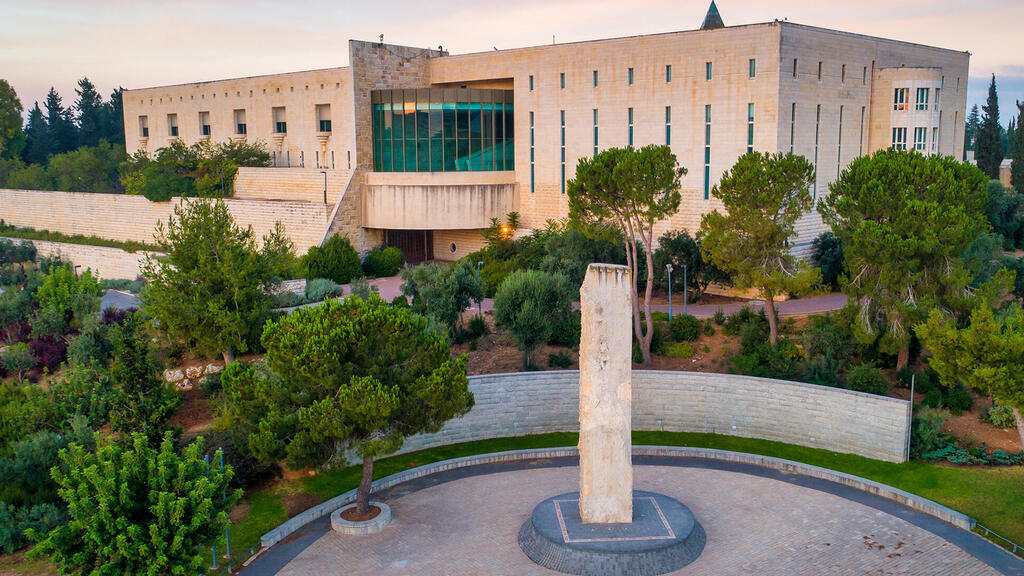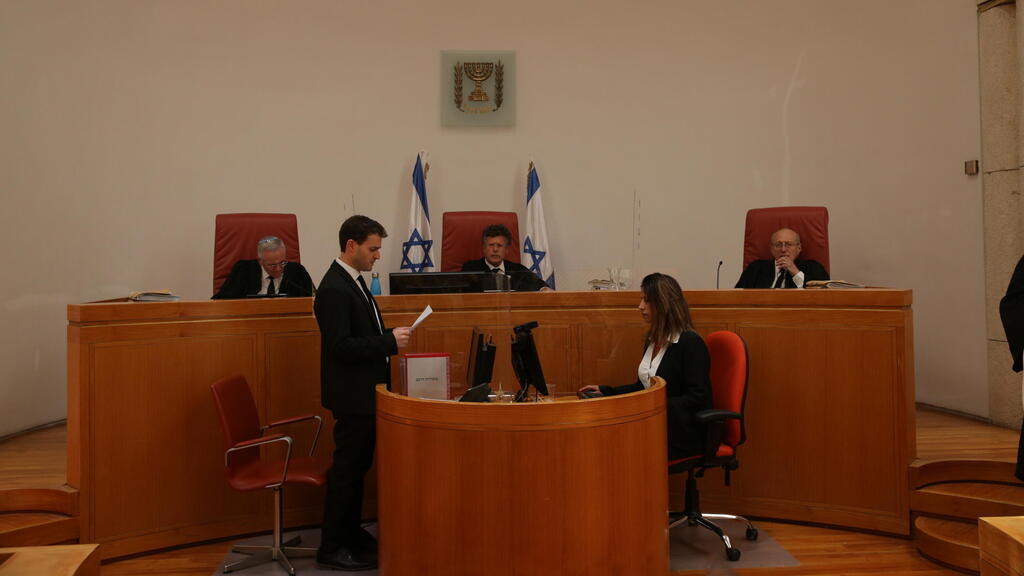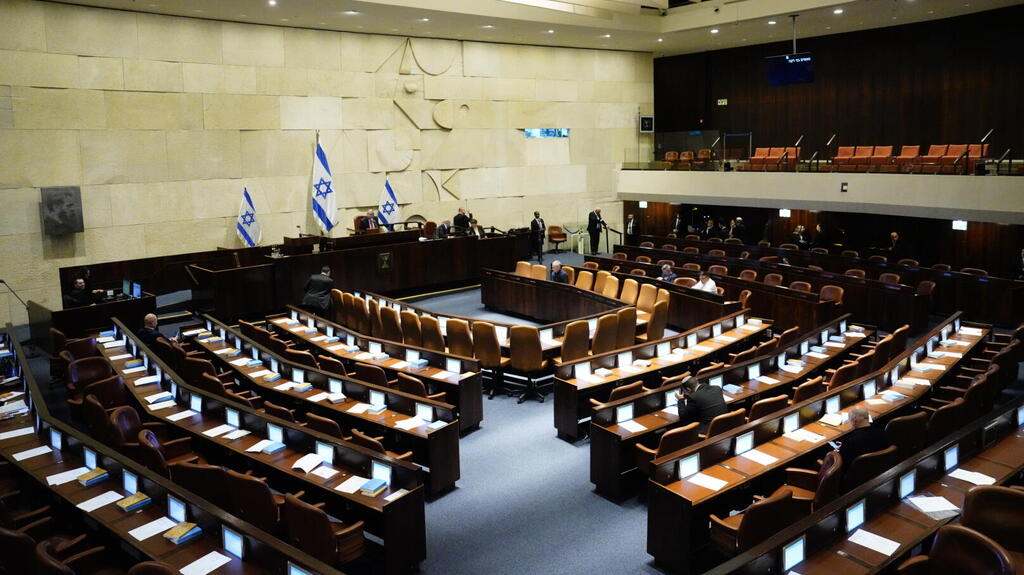One of the most controversial proposals of the emerging coalition government (between Likud and other right-wing and religious parties) in Israel is the legislation of an ‘override clause' in Basic Law: Human Dignity and Freedom.
The constitutional consequences of this change are worrying. In a state with no written constitution, this Basic Law guarantees that no law or government action in Israel can breach human dignity and liberty in a manner incompatible with a ”Jewish and democratic” state.
This Basic Law has allowed the Supreme Court in a few cases to strike down legislation that breached human dignity. The proposal of the emerging coalition government is to amend the Basic Law in a way that would allow the Knesset to legislate laws overriding the limitation of the Basic Law.
It could override any Supreme Court decision that any law is unconstitutional because it infringes on human dignity.
The proponents of this change rely on reasons that are factually inaccurate and legally incorrect.
Their first claim, is that invalidation of legislation by the Supreme Court was invented in 1995 by Judge Aharon Barak, and the override clause will merely return the status quo ante. This is not correct. Laws were struck down by the Supreme Court since 1969 after the first Basic Law (Basic Law: The Knesset) was legislated in 1958. It was the conservative Judge Moshe Landau who was the first to strike down a law.
In 1992 the Knesset, already aware of the legal power of a court to strike down legislation, legislated to two Basic Laws expanding the legal reasons for invalidation of legislation. Both before and after 1995 a small number of legal provisions were struck down by the Supreme Court. In 1995 the legal power of the Court was recognized not solely by Judge Barak but by eight judges, and a large number of judges since.
The second claim of the proponents of the clause is that in the United Kingdom, which also lacks a written constitution, judges do not strike down laws. Although the UK lacks a written constitution, it is a member of the European Court of Human Rights, and adheres to its rulings. (Even after Brexit - the European Court of Human Rights is separate from the EU). Generally, even this mechanism is not needed because judges in the UK can declare legislation incompatible with the European Convention, and Parliament consistently amends the incompatible laws after such judicial declarations.
The extent of intervention of the European Court in protection of human rights is much more extensive than that of the Israel Supreme Court. For instance, the European Court undoubtedly would not accept the manner of Israeli rule in the Occupied Territories, nor the official religious court system for family law in Israel itself.
New Zealand also lacks a written constitution, but has a Bill of Rights Act, and the courts themselves recognized an authority to declare legislation incompatible with the Bill of Rights. New Zealand has other human rights protections, such as membership of UN human rights conventions including an authority allowing individuals to complain over human rights breaches to convention committees. Israel is not party to these direct international complaints mechanisms.
Latin America, Asia and Africa have also recently seen and expansion of human rights protection by the addition of jurisdiction to state and international courts.
It is clear that the real controversy in Israel does not concern court jurisdiction and powers of the Knesset, but the protection, and even recognition of human rights. Those who wish to give the power to the Knesset, to override the Court, are not suggesting protection of human rights through other means such as joining international tribunals.
The political coalition that is proposing the apparent government deal is interested in excluding Israel, which already has a patchy record in the field, from the community of states which purport to be based on human rights values.
If an override clause limiting judicial review of human rights violations is legislated, it might be invalid in Israeli law because it contradicts Basic Law: Human Dignity and Freedom. Judge Meir Shamgar had hinted that Basic Law: Human Dignity and Freedom could be repealed only in a way compatible with the Basic Law itself.
It might be deduced that a breach of the core of Basic Law: Human dignity and Freedom, such as by insertion of a clause allowing the Knesset to overwrite the Basic Law, and therefore human rights, is invalid as well.
Prof. Anat Scolnicov is Professor of Law at Winchester University, England





